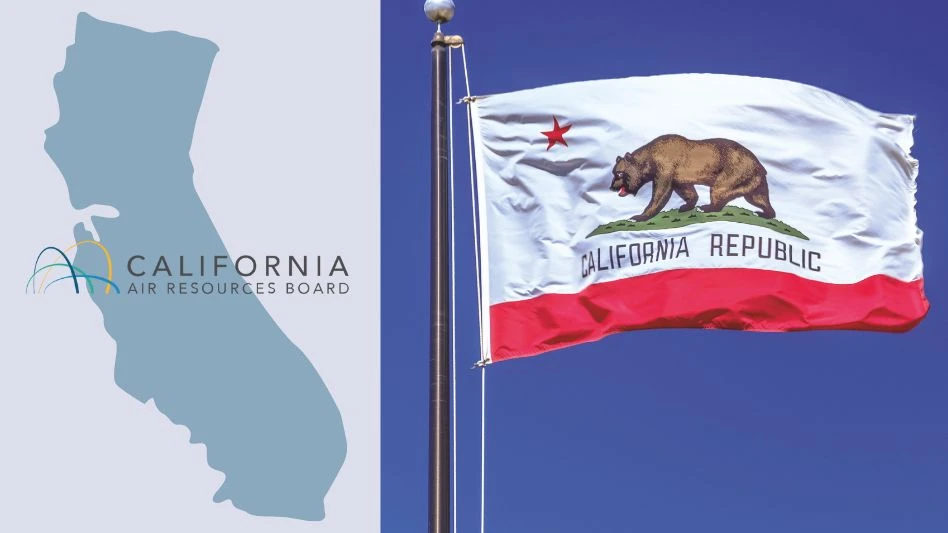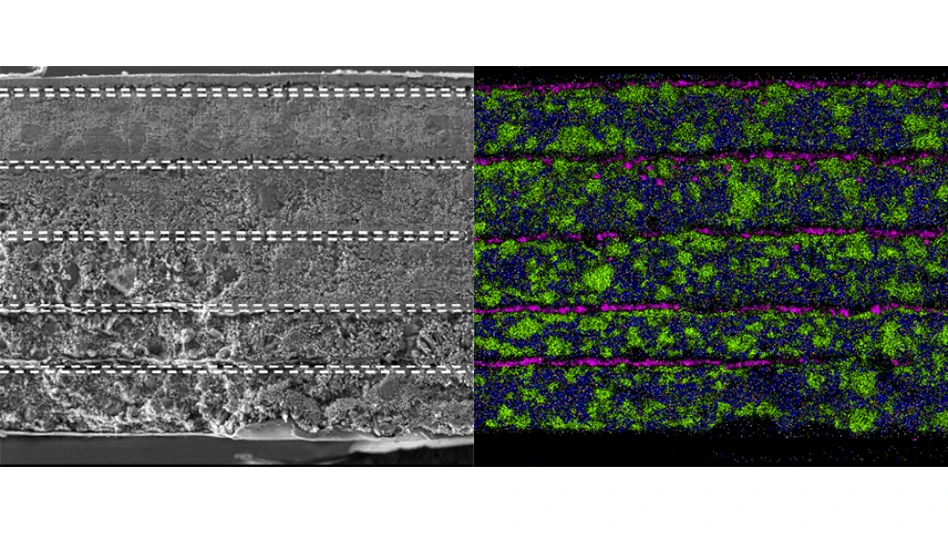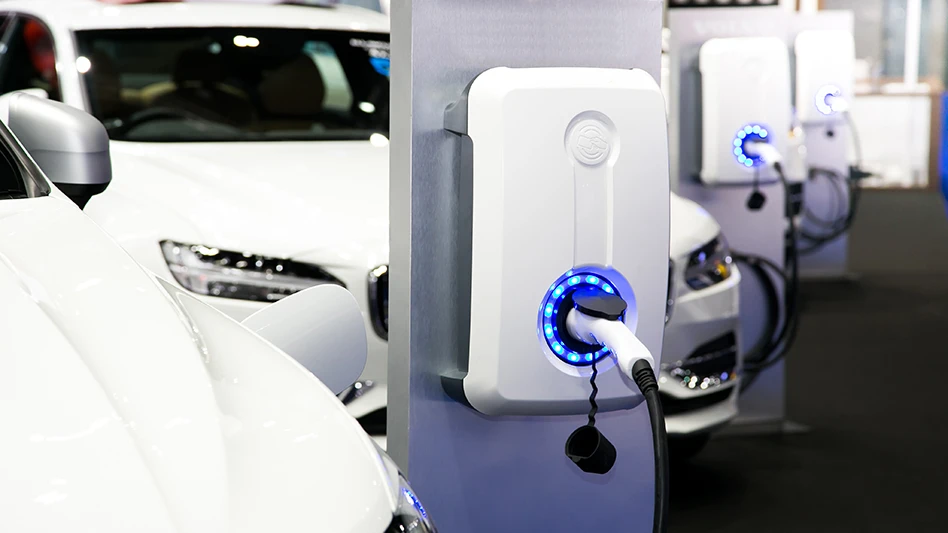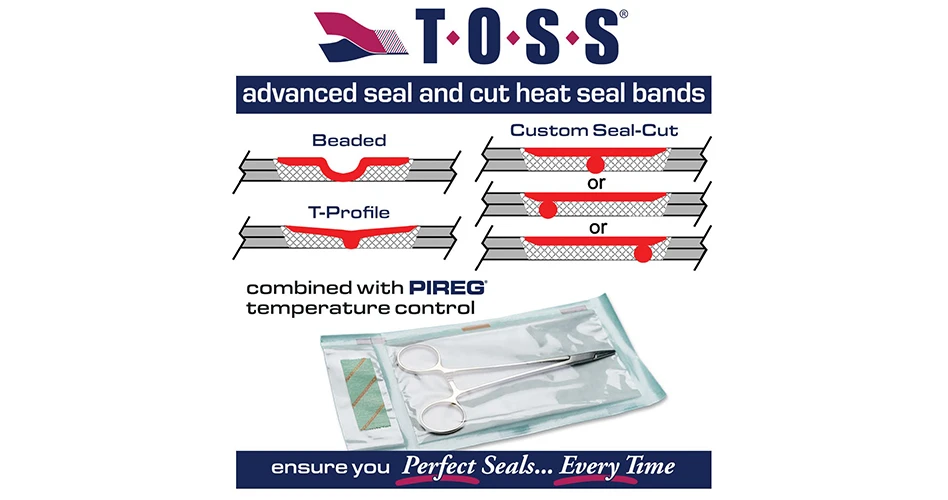
The California Air Resources Board (CARB) approved an almost $624 million funding plan for its incentive programs that will continue to help Californians – from truck fleet operators to commuters – make the switch to zero-emission vehicles.
Under the plan, 63% of the 2023-2024 fiscal year’s investment funds will go toward bolstering equitable access, resources, and support for low-income and disadvantaged communities.
The Fiscal Year 2023-2024 Funding Plan for Clean Transportation Incentives also marks the launch of an expanded outreach process that includes surveys, meetings with community-based organizations, and the addition of monthly virtual meetings held in the evenings to increase access for Californians who have barriers to participating in the public process.
“The shift toward zero emission is only possible if every Californian has access to new and emerging vehicle technology, and our funding plan reflects the importance of equitable access in working toward a clean air future,” said CARB Chair Liane Randolph. “The funding plan also offers a wide range of tools to get Californians into cleaner options, from the trucks that transport goods across the state to e-bikes that can make it easier for residents to meet their everyday mobility needs.”
Key highlights in the funding plan include:
- Continued funding to support the launch of a statewide Clean Cars 4 All and financing assistance projects, which will provide up to $12,000 in vouchers and financing assistance to help low-income Californians replace older cars with zero-emission vehicles.
$375 million to help public school districts purchase zero-emission buses.
$10 million to launch a capacity-building educational effort that will give communities the tools they need to plan a clean mobility project and learn how to apply for funding resources.
Almost $60 million to support shared mobility projects, such as car or bike-sharing, in underserved communities.
$80 million for drayage fleet operators, as their transition toward zero-emission options begins in 2024.
$14.3 million for a financing assistance program that targets operators and owners of small fleets.
$14.3 million in vouchers for zero-emission off-road equipment, such as cargo-handling or construction equipment.
Latest from EV Design & Manufacturing
- Industry leaders partner to deliver load management, smart charging and energy solutions
- Anti-vandalism systems designed to increase electric vehicle charging station security
- GM selects Vianode as anode graphite supplier for electric vehicle batteries
- AMADA WELD TECH introduces blue laser technology into micro welding portfolio
- Despite hurdles, consumer interest in electric vehicles is rising
- Vehicle-to-grid charging technology expanded with new product line
- In-line CT delivers real-time quality feedback on the production line
- Join our editors for a look at the manufacturing industry in 2025





